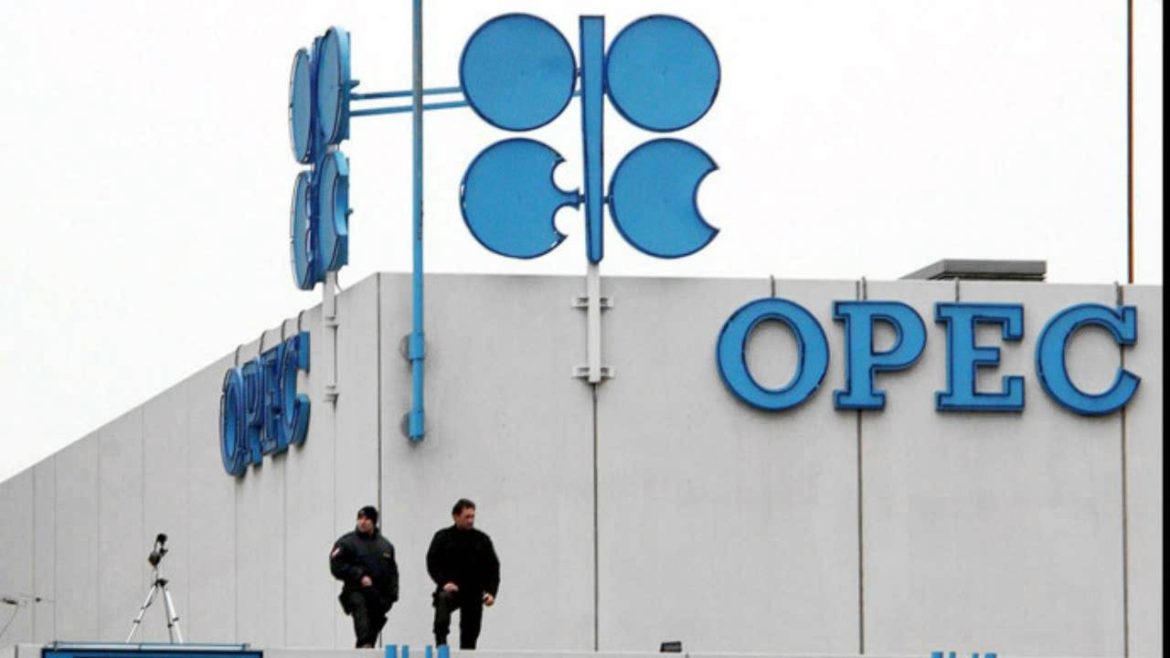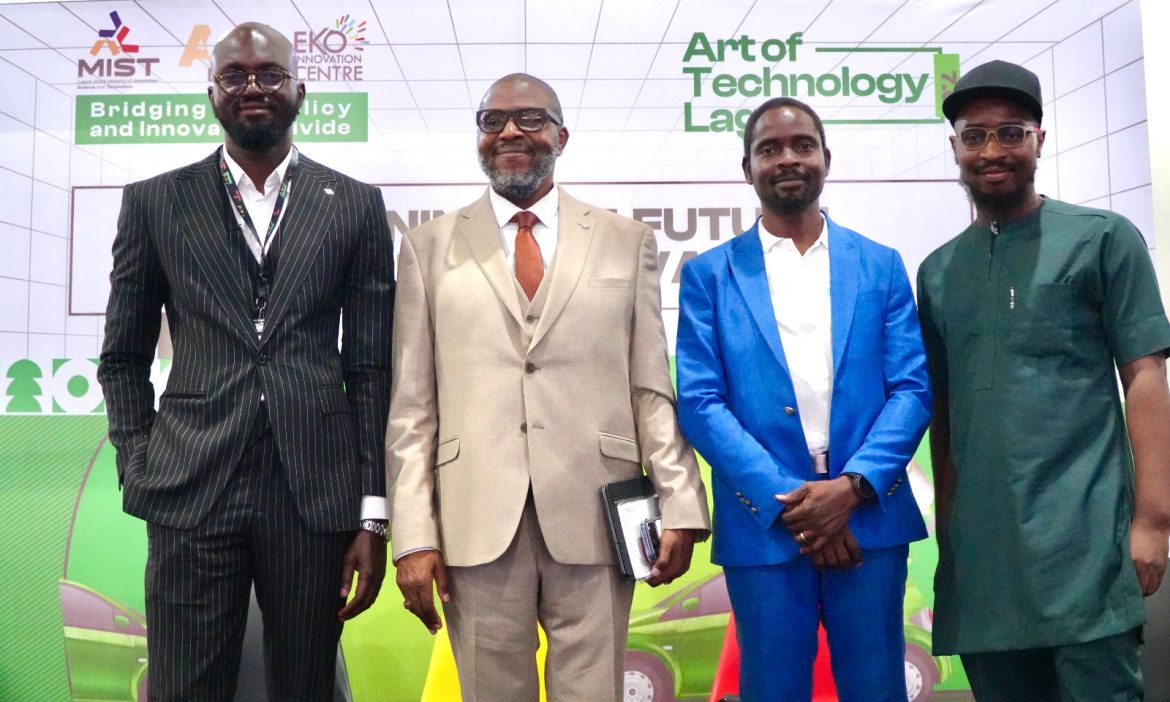By Prof Martin Ike-Muonso N.
Societal values, personal experiences, and ambitions broadly underscore and give sense to the entrepreneurial actions of economic agents. In broad terms, society teaches norms and values that will lead to harmonious coexistence among its members. It imparts members with the knowledge and structure for living in peace, without injustice and violence. In general, society indirectly and through the structures that it puts in place forces its members to recognise the limits of their rights as well as the rights of other members. That way, there will be peace and the sublimity of the rule of law on which the former rest. The economic agent knows that regardless of his experience, and business expertise that not much success is possible if the society is not peaceful and if its members do not live by the rule that is acceptable to all. Therefore, societal values have a unique place in propping the structures for the development and growth of the economy. Through its customs and norms, it defends peaceful coexistence, and ushers is a conducive environment for the conduct of enterprise. It is no wonder, therefore, that in the absence of the rule of law, it is difficult for any nation to experience optimal levels of entrepreneur prosperity.
China, India, and Indonesia are the new models for Nigeria. At least they are reference benchmarks for Nigeria’s ambition to lift 100 million of its citizens out of the clutches of poverty. If we add Singapore to the lists, it will be easy to see how unique societal values enable massive poverty reductions as well as trigger country socio-economic transformation from an undesirable state of need and lack to global models of economic progress. Consider, for instance, the one-child policy of China which slowed down its population growth rate. Such a decision can only be possible in a society that does not place a high premium on large families. A similar decision could have been difficult if not impossible, to reach in Nigeria because of our societal values. Both Christian and Muslim religions in Nigeria will turn blind eyes to the practical reality, informing such a suggestion on accounts of the absence of divine approval.
This Singaporean society that received the blessing of Lee Kuan Yew was a racially and ideologically divided one. Racial and religious tensions among the Chinese, Malay and Indian populations that make up the state were very high. Although Singapore depended on the strength and influence of the family to keep society orderly, social unrests nevertheless prevailed. Agitations and violence were rife among students and various ethnic nationalities. The culture of corruption was equally booming. There was corruption in virtually every aspect of Singaporean life. That was the Singapore that Lee Kuan Yew inherited and broke away from when they secured independence from the British colonial masters. But he did not allow himself and the team that came on board with him to be sucked in by the absolute values that defined the Singaporean society of that time. Today, Singapore has risen above the threats of multi-ethnic and religious divides to establish a culture and economy the guarantees prosperity and freedom for all.
In 2018, the International monetary fund, estimated the nominal GDP per capita of Singapore to be approximately US$64,000 while that of Nigeria, was roughly US$2,049. Again, according to the World Atlas, Singapore has a 96% literacy rate compared to Nigeria’s 51%. Similarly, according to the World Population Review, by the turn of 2018, Singapore has achieved approximately three times the death-reduction rates of Nigeria. While Nigeria’s death rate is about 11.8 deaths per thousand, Singapore’s is only 4.6 deaths per thousand. A comparative evaluation based on the index of economic freedom shows that Nigeria is very unfree, while Singapore is terrifically free. This trend has been consistent. Since 2007 Singapore has maintained the second position in the ranking of the country in the best place to do business. The country’s population is governed by a robust pro-business culture, which also resulted in its reputation for hosting the worlds best professional workforce. Of course, it is a no-brainer to see how much of the policies of government have encouraged societal values. In addition to all of this, Singapore has emerged from a corruption-riddled society to such a point in which by 2018 it was the third least corrupt country in the world after Denmark and New Zealand. At the other polarised extreme is Nigeria, which was the 144th least corrupt country in the world.
In a video shot in 2018 that has gone viral in the Internet, Kishore Mahbubani a Chunqiu Senior Fellow at the China Institute opened up on the three secrets to Singapore’s successful transformation from an impoverished country to the first world country. Born in 1948 Mr Kishore saw the pre-Lee Kuan Yew Singapore through the entire conversion of Singapore to a developed country. He described Singapore as an underdeveloped country when it attained independence. Then the per capita income was almost the same as that of Ghana and Nigeria. However, Singapore grew in his lifetime from being a third world country to being a first world country. According to him, there are three-word secrets behind the remarkable transformation of Singapore, which has a universal application for any country that wants to succeed. And this secret formula is the combination of a meritocracy, pragmatism and honesty. The formulary of meritocracy ensures that only the best are selected to occupy positions of leadership in public offices. Filial, ethnic, religious and other divisive elements do not have any place in the criteria for determining those who hold sensitive public office positions. Pragmatism as a secret formula ensures that ideologically differences do not stand on the way of superior arguments and decisions. In effect, therefore, it is possible to have an excellent integration of workable ideas to innovate the best feasible solutions to the country’s challenges. Honesty, on the other hand, is seen as the absence of corruption. Therefore leaders and citizens alike are all expected to shun corruption completely.
There is no gainsaying that all three elements that defined the Singaporean society immediately after independence and which give a fillip to the remarkable transformation of the country can be summed up as the deep implantation of patriotism in the soul and spirit of Singaporean citizens. It is only a patriotic spirit that will sacrifice their interests and accepts merit-based selection in the interests of all. It is the same nationalistic inclination that underscores objectivity in judgement, particularly when one does not personally benefit from it. We know how ideologies rule the world and shape the opinions of decision makers. Attachments to ideologies can be so profound and blinding that it can lead to the sacrifice of objectivity and pragmatism to satisfy its cravings. Again, honesty and the shunning of corruption succeed most with elevated patriotism in the context of nation-building.
The Question that the president’s and his team have to ask themselves while dreaming and visioning of the lifting of 100 million Nigerians out of poverty is what kind of societal values should support this planned transformation? It is possible for us to get the plans around the economy rights. We can also have an idea of the sources of financing of the programmes and projects that would deliver this planned transformation. We can even marshal out the personnel that may successfully drive the proposed intervention and so on. However, if the societal values that should support these initiatives are not there, it will nevertheless fail. If the Singaporean model of societal values that should underpin large-scale transformation is accepted to have universal application, how do we fare in those parameters? Let us, for instance, start with the importance of meritocracy. The fact that Nigeria deliberately consented to and adopted the quota system shows that we have failed the tests of being a the merit-based country. In this country, the best are never the ones selected to access university opportunities, work opportunities or even in positions of leadership. It is a deliberate rejection of the value of merit as a core platform for success.
Let us also evaluates the insecurity situation that is prevalent now in the country against the requirements of pragmatic approaches that can be deployed to manage it. Because of various ethnic, religious and other ideological differences, the president who happens to be a Fulani man has found it challenging to advise his kin who are the herdsmen that have been perpetuating mayhem and brigandage to stop doing so. The capacity and the willpower of the president to look in the eyes of his kin and berate them will go a long way in not only showing that the president is impartial but in curtailing the excesses of these criminals who perhaps believe that they have the cover of the president. Pragmatism will demand that in finding a solution to a situation such as insecurity, and in designing the answer we should rise above primordial sentiments.
________________________________________________________
Professor Ike-Muonso is the Africa Regional Coordinator of Baywood Foundation as well as the Chief Transformation Officer of GTI Capital Group








